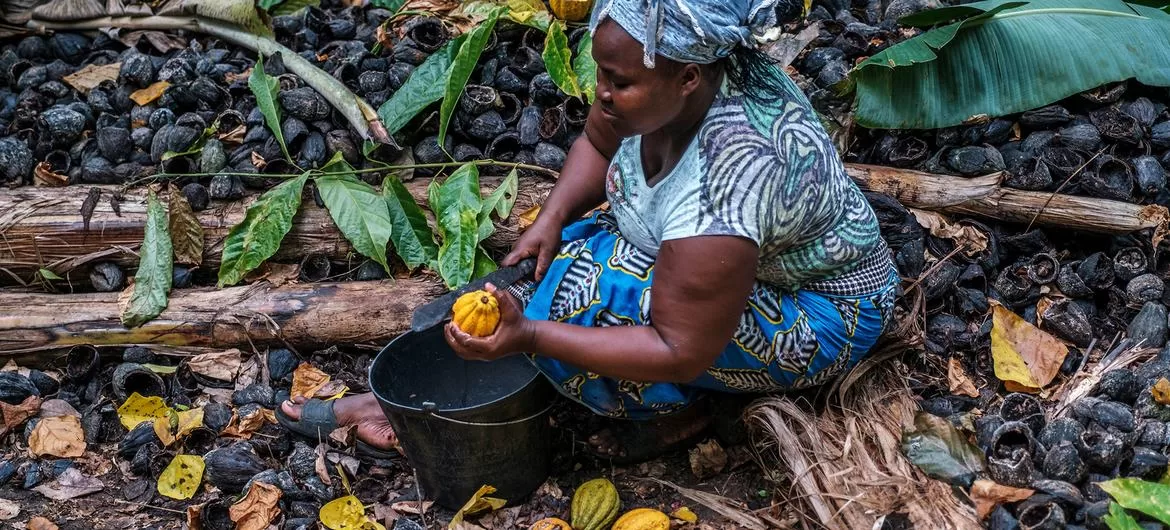
GENEVA, Oct. 25 (WSH) — Developing countries are facing “impossible choices” between servicing debt and funding essential development, UN Trade and Development (UNCTAD) chief Rebeca Grynspan told delegates recently, as the agency’s annual gathering convened in Geneva amid rising global trade tensions and a worsening debt crisis.
Tariffs and Uncertainty Threaten Global Trade
Addressing representatives from UNCTAD’s 195 member states, Ms. Grynspan cautioned that holding the line on a rules-based global trading system remains crucial to prevent a damaging spiral of tariff wars.
“Seventy-two per cent of global trade still moves under WTO rules,” she said, referring to the World Trade Organization. “We have, for now, avoided the domino effect of tariff escalation that once brought the world economy to its knees in the 1930s — and that is because you continued negotiating, even when it seemed pointless.”
But she warned that the situation is deteriorating. Tariffs applied by major economies, including the United States, have jumped from an average of 2.8% to over 20% this year. “Uncertainty is the highest tariff possible,” Ms. Grynspan told the General Assembly earlier, noting that it discourages investment and slows global growth.
“Debt or Development” Dilemma
Ms. Grynspan painted a stark picture of developing nations forced into untenable decisions between repaying foreign debt and funding basic needs.
“A debt and development crisis is forcing countries to choose: to default on their debt or on their development,” she said.
Developing countries collectively owe over $31 trillion, according to UN estimates, a figure that continues to grow as interest rates and borrowing costs rise.
Investment Retreating from the Global South
Global investment flows are now declining for the second consecutive year, eroding the potential for future growth, Ms. Grynspan noted. The current investment model, she said, “favours richer economies,” with project costs in poorer nations three times higher than in developed countries.
She also highlighted the widening digital divide: while artificial intelligence could add trillions to the global economy, only one in three developing nations has a national AI strategy, and 2.6 billion people remain offline, most of them women.
Freight Costs and Trade Inequality
Freight costs remain volatile, hitting landlocked and island states especially hard, with transport bills up to three times the global average. “For many countries, trade is becoming more expensive and less reliable,” she said, calling for urgent reforms to make global logistics systems more equitable and sustainable.
UN Leadership Calls for Global Solidarity
Echoing Ms. Grynspan’s concerns, General Assembly President Annalena Baerbock warned that many developing nations are spending “precious funds” on debt servicing instead of building schools, hospitals, and infrastructure.
“Trust in the international system is eroding,” she said. “Even though the world economy exceeds $100 trillion a year, half of humanity has seen little or no rise in income for a generation.”
A Call to Action
Both leaders urged member states to recommit to international cooperation, trade reform, and debt relief efforts. “This is not just about economics,” Ms. Grynspan concluded. “It’s about justice, stability, and the right to development.”


